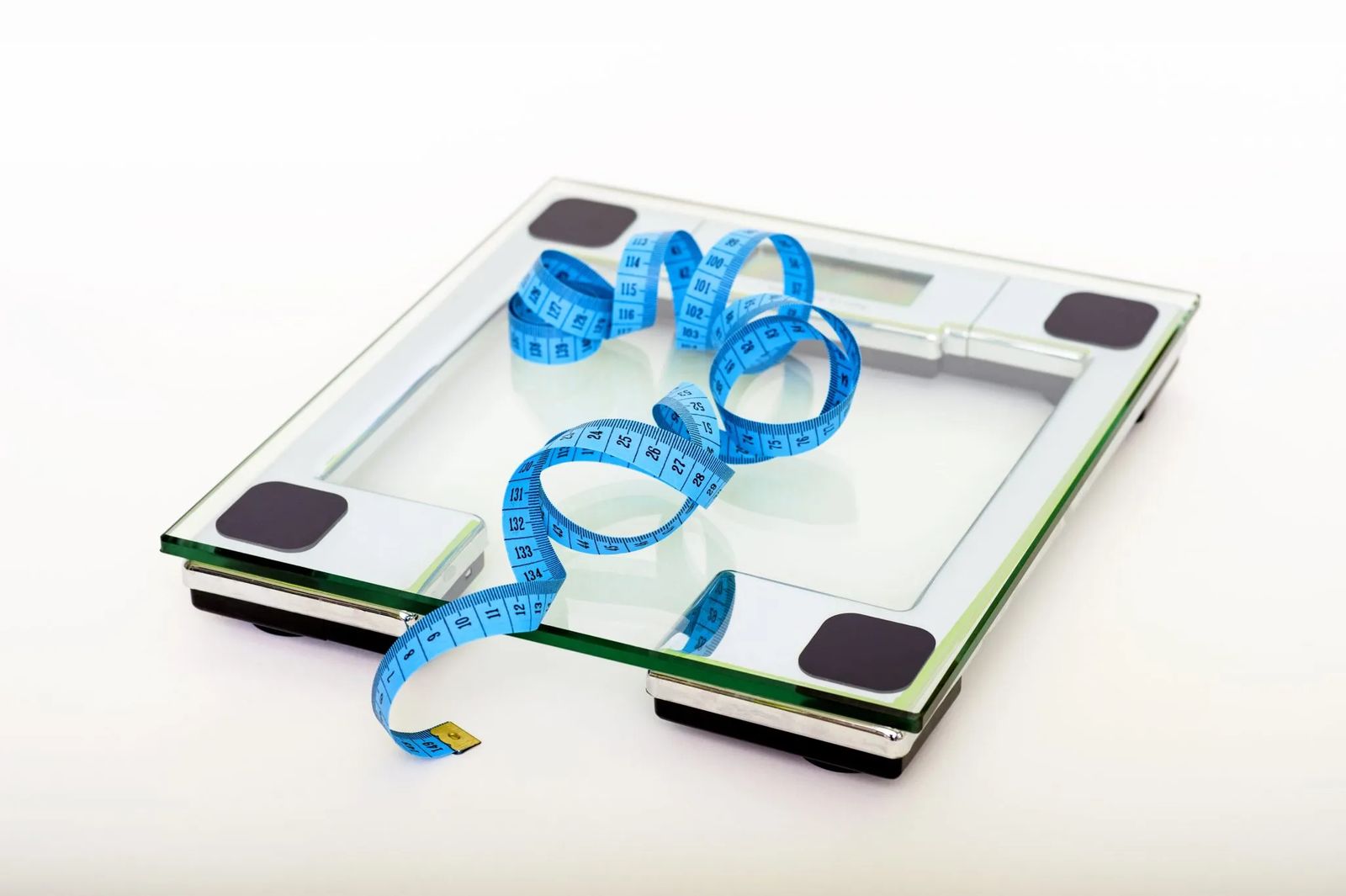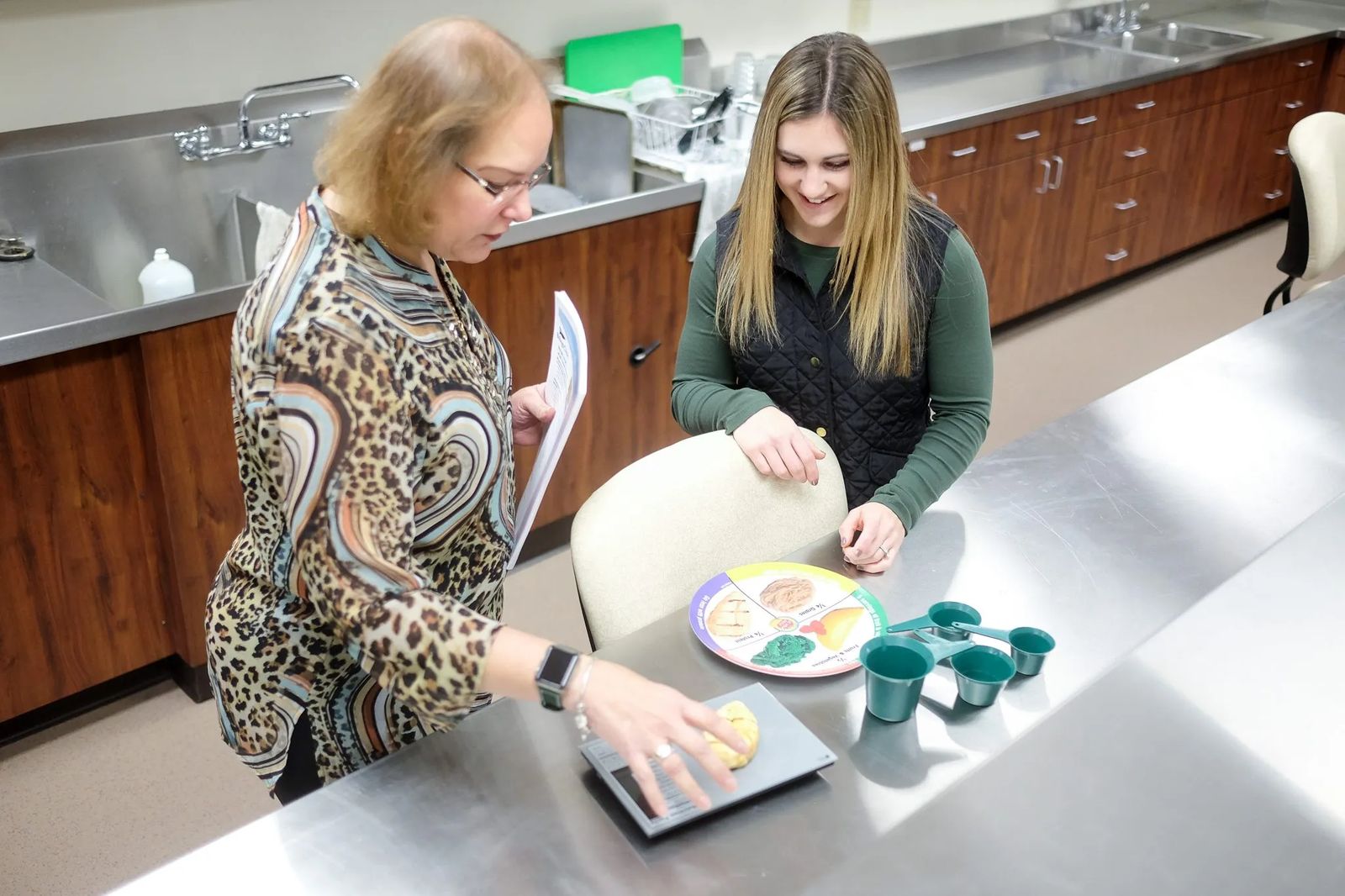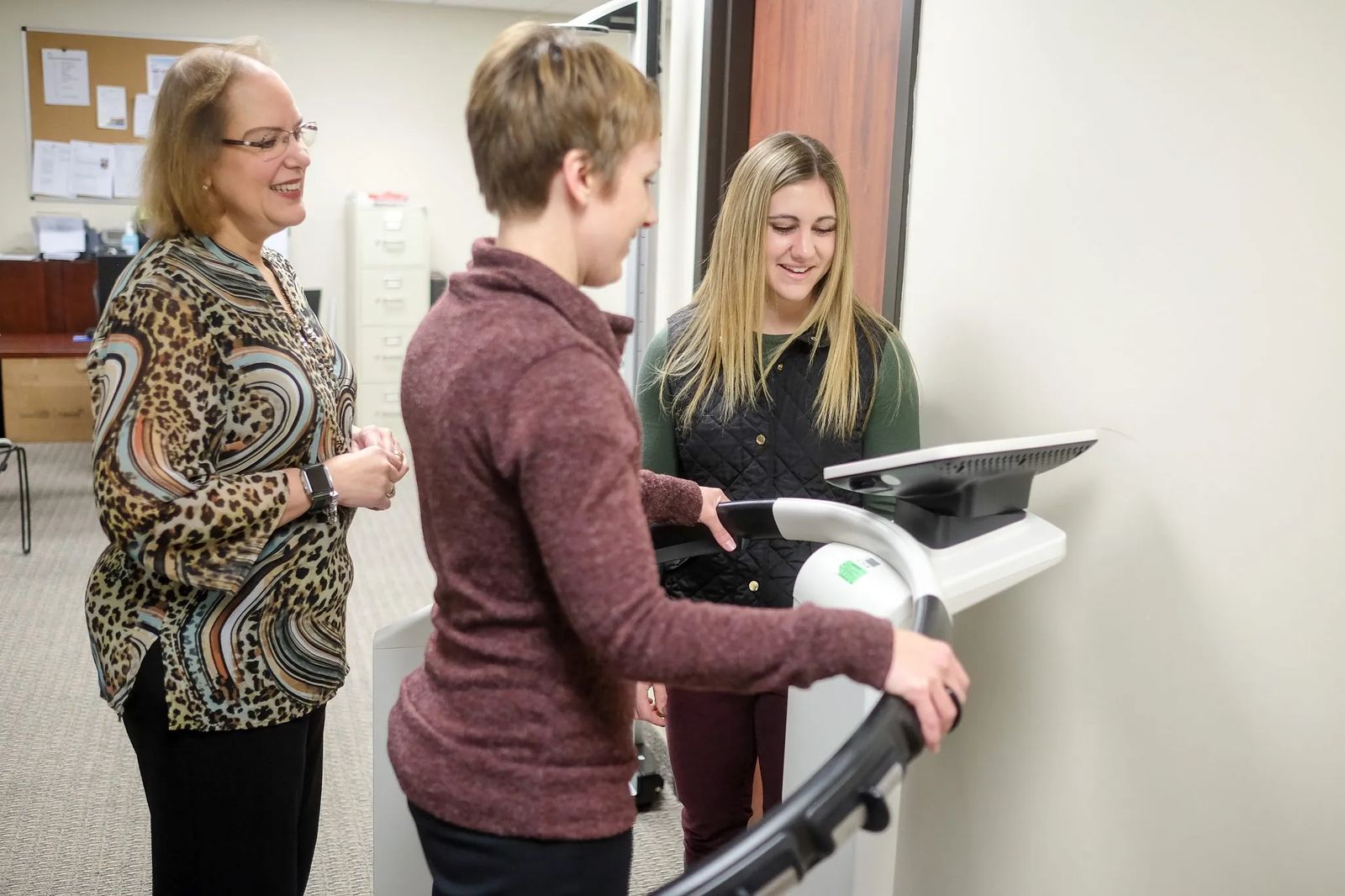
Goodbye Diet, Hello Lifestyle Change
The hidden dangers of up and down weight loss
Looking to lose weight in 2018? The latest diet, with its promise of rapid weight loss, may be appealing, but years of medical research has shown that a slow and steady approach provides the best, longest-lasting results. In fact, there’s good evidence that you should throw out the notion of dieting altogether and focus on small, healthy changes to your lifestyle.
“The trouble with diets is they work in the short term, but they’re not sustainable,” says Anna Kasperick, a registered dietitian who works with patients in the WeightSmart Program at Billings Clinic.
She and her colleagues prefer to not use the word “diet.” They put together meal plans for their clients, and talk about ways they can enjoy the foods they love. They discuss how to deal with triggering situations and emotional connections to food. They encourage fitness for all ages and abilities and help everyone find something they enjoy. Everything they do centers around small, healthy changes – and most importantly, sustainability.
The WeightSmart Program focuses on four keys to weight loss: Nutrition, physical activity, behavior modification, and metabolism.
“All these diets out there now have positive elements, but if it’s not addressing all four pillars, it’s not going to last,” says Dr. Jeanne Ortiz, medical director of the Billings Clinic Medical Weight Management Program and WeightSmart Program.
 Dr. Jeanne Ortiz and Anna Kasperick visit about the WeightSmart Program at Billings Clinic[/caption]
Dr. Jeanne Ortiz and Anna Kasperick visit about the WeightSmart Program at Billings Clinic[/caption]

KEEPING AN EYE ON NUTRITION
Calorie restriction is necessary to weight loss, but Ortiz and Kasperick are not proponents of extreme calorie restriction or eating plans that eliminate foods or food groups. Instead, they focus on healthy eating plans that are individualized for every client.
“We find ways that all foods can fit into a healthy diet,” says Kasperick.
Often WeightSmart participants need to re-learn the feelings of hunger and fullness, Ortiz says, and to do that they are encouraged to slow down during meals, and eliminate distractions such as screens, work, driving, and multitasking.
In addition to meal planning, Kasperick helps her clients develop healthier recipes for their favorite meals, and adopt new methods of cooking the foods they enjoy.

GETTING PHYSICAL
Physical activity is a key to weight loss, as well as overall health. Many people who struggle to achieve and maintain a healthy weight don’t get enough exercise, Ortiz says. She’s confident that no matter what a person’s limitations may be, everyone can find a physical activity that they enjoy and will help them lose weight.
The WeightSmart Program encourages participants to try various activities that fit their lifestyle, schedule, budget, and fitness level. Ortiz says even just short bouts of activity 10 minutes at a time throughout the day, will make a difference.
“If you’re not doing anything, at least start walking,” she adds.
CHECK YOUR BEHAVIOR
This often-overlooked key to weight loss is where many diets fail. Calorie restriction and physical activity will trigger weight loss, but sustainability is in behavior modification. Ortiz knows that people eat and overeat for reasons other than hunger, and she doesn’t take those emotional triggers lightly. A social worker is on staff at the WeightSmart Program to help participants decode their relationship with food.
“We try to heal the relationship with food,” Ortiz says. “Food is nutrition. It’s not your enemy or your friend.”
In many cases, weight loss hinges on stress management, and that takes a different shape for every participant. Participants focus on developing healthy coping skills, getting quality sleep, tapping a support network, and establishing a mindfulness and meditation practice.
“There’s a lot of correlation between chronic stress and trauma and obesity,” Ortiz says.
REV YOUR METABOLISM
Metabolism is Ortiz’s specialty, and she meets with WeightSmart Program participants to be sure each patient’s hormones and metabolism are functioning normally. When it’s necessary, she prescribes medications to bring them into balance. In some cases, she may recommend surgery.
“Obesity medications and surgery are not the solutions, but they are tools,” Ortiz says.
For those patients who don’t need medications or surgery, she encourages them to take vitamins D and B12 to support a healthy metabolism.
“I would encourage everyone who wants to lose weight to have an evaluation by their doctor,” Ortiz adds.

IT’S ALL ABOUT BALANCE
When Ortiz talks to her patients about weight loss, she takes out a picture of a see-saw with a figure in the center and “energy expenditure” and “energy intake” balanced on each side. To lose or gain weight, she explains, that see-saw needs to be out of balance.
“In any state, the body seeks balance,” Ortiz says. “With any caloric deficit or increase in energy you’re expending, it’s going to tip the body out of balance and result in weight loss.”
Eventually, your body will adapt to the changes, and bring itself into balance again resulting in a dreaded dieter’s plateau, and it’s going to take renewed effort – increasing the caloric deficit or energy expenditure – to tip out of balance and start losing again, Ortiz says.
Ortiz likes to see plateaus in her patients’ weight-loss, because each time the body goes back into balance, their bodies establish a new set-point. Rapid weight loss without those plateaus is a recipe for disaster because as soon as the dieter stops losing, they risk going back to their set point, which could mean rapidly gaining back all the weight they lost.
“Your body is going to fight to get back to that set point,” Ortiz says.
WEIGHT LOSS & YOUR HEALTH
The list of health risks related to obesity is long and includes diabetes, cancer, infertility, osteoporosis, stroke and heart disease. And for women who crash diet, the risks increase.
“You gained this weight over years. You can lose this weight fast. You can, but it’s absolutely unhealthy,” says Dr. Barbara Dudczak, a Billings Clinic cardiologist. “It’s trauma for the whole body.”
Crash dieting depletes important minerals that support bone health, making bones more prone to fracture, Dudczak says. It also throws hormones out of balance, increases inflammation, wreaks havoc on metabolism, and causes the body to store fat around organs, which, she adds, is extremely unhealthy.
“Even though you lose the weight, not everything goes back to normal,” Dudczak says.
GOAL SETTING: THINK SMALL
When Kasperick meets with WeightSmart Program clients for the first time she encourages them to think short-term rather than long-term.
“Don’t think, ‘What I am going to do the whole year?’ That’s too overwhelming. Just focus on a plan for each season,” she says.
Maybe, that’s increasing water intake this winter, starting a walking program in the spring, and taking advantage of all the fresh foods available for summertime salads. In the fall, focus on stress reduction. Add all the changes together over the course of a year, and you will have made a major change in your lifestyle, Kasperick says. Ortiz agrees and adds, “This year, start with one thing, just make one change for your health, and you’ll be on your way.”











